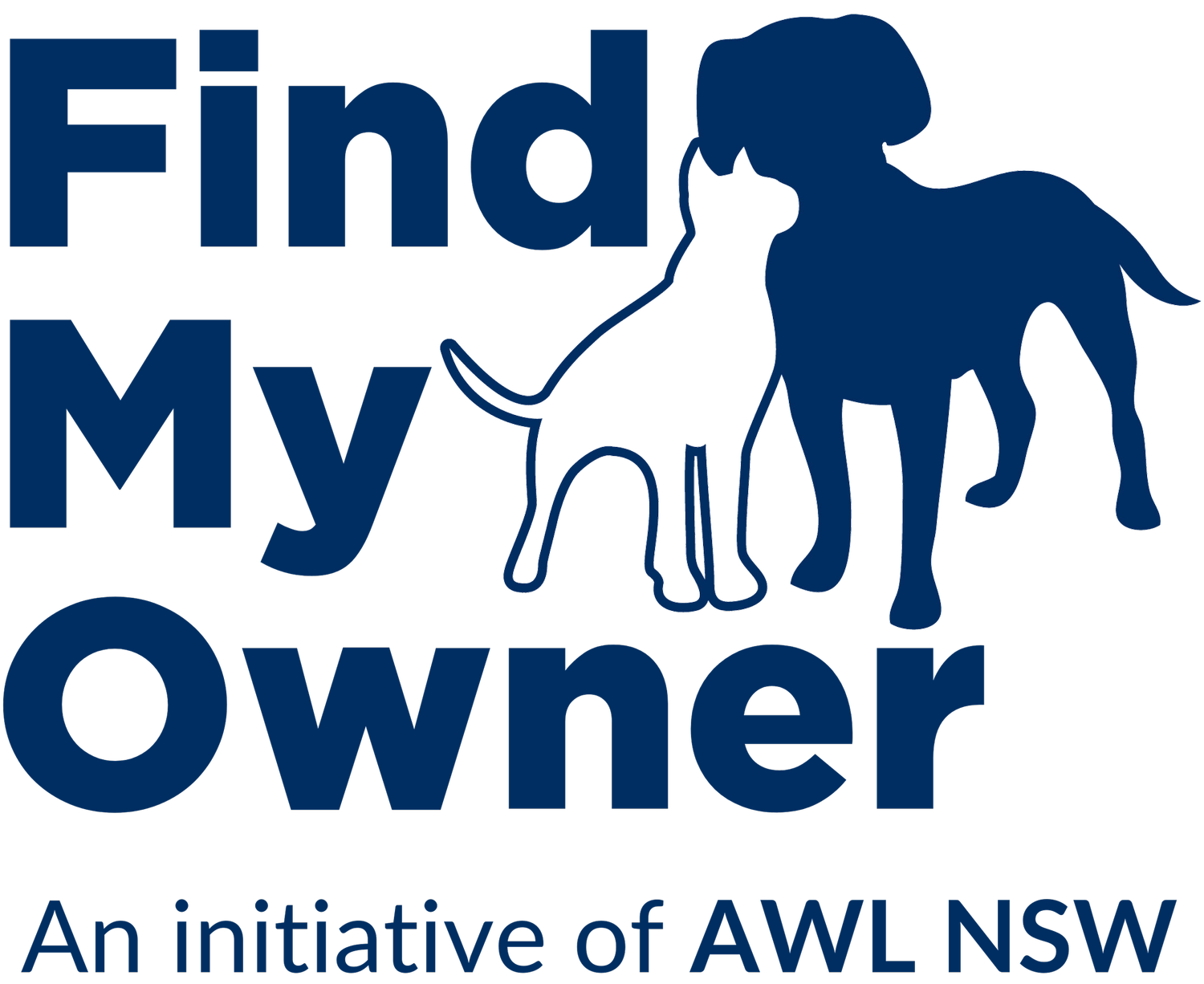Escaping dogs: Tips For Dogs That Escape
Do you have a dog that regularly escapes? Here are some tips to help prevent your dog from escaping and help reunite the dog with you in the event that he or she escapes. Each time your dog escapes, they are at risk of being hit by a car or taken to the pound so the safest thing for your dog is to be proactive and prevent your dog from escaping in the first place.
Collar & tag: Make sure your dog has a collar and tag with up-to-date contact details. You can get engraved tags online (e.g. eBay) for under $10. Or visit your local pet store.
Microchip: A microchip is a small chip (about the size of a grain of rice) that is inserted under your dogs skin, usually between their shoulder blades. It contains a 15 digit number that can be scanned with a microchip scanner and then looked up on a database by vets and shelter workers to see who’s contact details are associated with the dog. Confirm your dog is microchipped by bringing the dog to a vet or pound and the staff will be able to look up your details. If not up-to-date, contact your council. If your dog is not microchipped, contact a local vet to book it in. Some councils may offer discounted or free microchipping. If your dog doesn’t have a collar with a tag and isn’t microchipped with up-to-date contact details and goes missing, you may never get contacted if he or she goes missing!
Fencing & gates: Ensure your yard has a secure, escape-proof fence that is the appropriate height for your dog's size. Regularly inspect the fence for any gaps, holes, or weak spots that your dog could exploit. Use self-closing gates with latches that your dog can't easily manipulate. Teach family members and anyone who interacts with your dog how to properly close and latch gates.
Desexing: This may reduce your dog’s inclination to roam and escape in search of mates. There are also many other benefits of desexing. Contact your local vet to book it in.
Fireworks: When fireworks are anticipated (e.g., on New Year's Eve), ensure your dog is safe and if needed, stay home. Ensure escape routes are blocked off and remember, dogs may attempt to dig under fences or jump over or through gaps. It can be a good idea to keep your dog inside the house when fireworks are expected.
Appropriate housing: Most dogs prefer to have access to inside or both inside and outside the house. If some dogs are kept outside permanently, they may get bored and have a higher tendency to escape. Note: This does not apply to every dog.
Behavioural support: Some dogs may continually try to escape for various reasons, such as separation anxiety. You may wish to hire a trainer for behaviour support.

